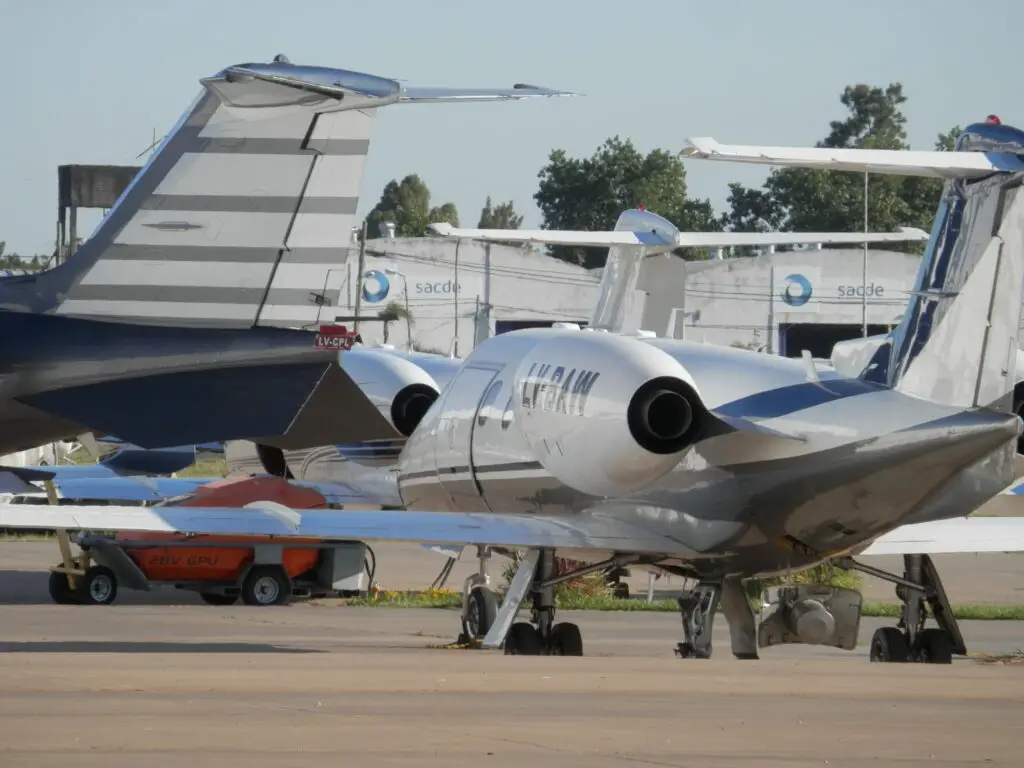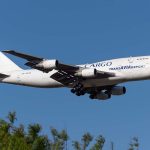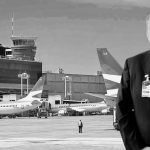The National Civil Aviation Administration (ANAC), Argentina’s aviation authority, issued Resolution 353/2023, which postpones the enforcement of a regulation requiring pilots to undergo updated training in flight simulators every 12 months. This decision was made due to current economic constraints, especially those related to foreign exchange.
For those unfamiliar with Argentina’s economic situation, it’s worth noting that the country has experienced significant economic challenges, including high inflation and strict currency controls aimed at preserving foreign exchange reserves. These restrictions have made it difficult for many sectors, including aviation, to access services that require payments in foreign currency.
The original regulation, named Paragraph (f) of Section 91.109 of Part 91 of the Argentinian Civil Aviation Regulations (RAAC), stipulated that as of June 1, 2023, no pilot could operate an aircraft requiring type rating if they had not completed an update course and conducted practice in a flight simulator corresponding to their type of aircraft in the last twelve months.
It should be clarified that the pilots covered by these regulations are general aviation pilots, while commercial operations are covered by RAAC 121 regulations.
This regulation, designed to enhance operational safety, was based on the recommendations of the Annex 6 “Operation of Aircraft” of the International Civil Aviation Convention, signed in Chicago in 1944 and ratified by Argentina through Law N° 13.891.
In its considerations, while the aviation authority admits that the measure seeks to “contribute to improving operational safety levels“, it believes that these are currently at an “acceptable” level. Currently, while procedures mandate recurrent simulator training, the timeframe for a pilot to attend to simulator is not set at 12 months, as the delayed change is proposing.
“The compliance of the requirement implies in many cases, the hiring of simulator services abroad, given the shortage of supply in the country. The existing restrictions for contracting services whose payment requires the sending of foreign currency abroad are widely known, as a result of the national policy established to preserve foreign currency reserves,” says the ANAC in the resolution.
Due to these policies, access to the exchange market became difficult, especially given the discretion in approving requests made through the Import System of the Argentine Republic and Foreign Services Payments (SIRASE).
The aviation authority advances in the considerations of the resolution on the negotiations carried out before the BCRA and the Secretary of Commerce of the Nation, the latter in charge of evaluating and approving SIRASE requests: “This Administration has made various efforts, highlighting the negative repercussions of such measures on essential aeronautical activities, such as commercial air transport, organ transport, air medical transport and firefighting, warning of the need to grant differentiated treatment, achieving special consideration in specific cases, which tended to facilitate the payment of essential spare parts, leasing contracts, the acquisition of security software and aircraft intended for air transport services, among other cases.”
“In recent months, users of the aeronautical sector have been warning of a worsening of the situation, which is evidenced by the delays they experience in authorizing the payment of instruction or training services of simulators located abroad, by the ‘Import System of the Argentine Republic and Payments of Services to the Foreign’ (SIRASE), many of which are directly rejected,” adds the organization.
[Read more: Flybondi fleet at risk of being grounded due to dollar exchange restrictions](http://aviacionline.com/2023/05/la-flota-de-flybondi-en-riesgo-de-ser-paralizada-por-restricciones-de-cambio-de-dolares/)The consequence of these difficulties, says ANAC, was the receipt of “numerous requests from users” for exemptions to the requirement, which motivated that on May 31 it was decided to postpone the entry into force of the standard until July 1, 2023, to allow an adequate analysis of the situation.
This analysis showed that the requests “are based on the exchange restrictions prevailing in the country, which persist to this date, constituting a case of force majeure that prevents compliance with the regulations by users within the planned period.”
Therefore, and “given that the payment for simulator services located abroad implies sending foreign currency dollars abroad, considering the economic situation our country is going through, and in order not to increase the demand for foreign currency, it is considered appropriate to extend the entry into force of the requirement established in the aforementioned section (f) of section 91.109″ by 180 days from said July 1, a period that expires in the last days of December of this year.
document








